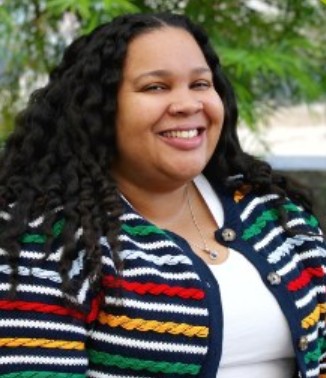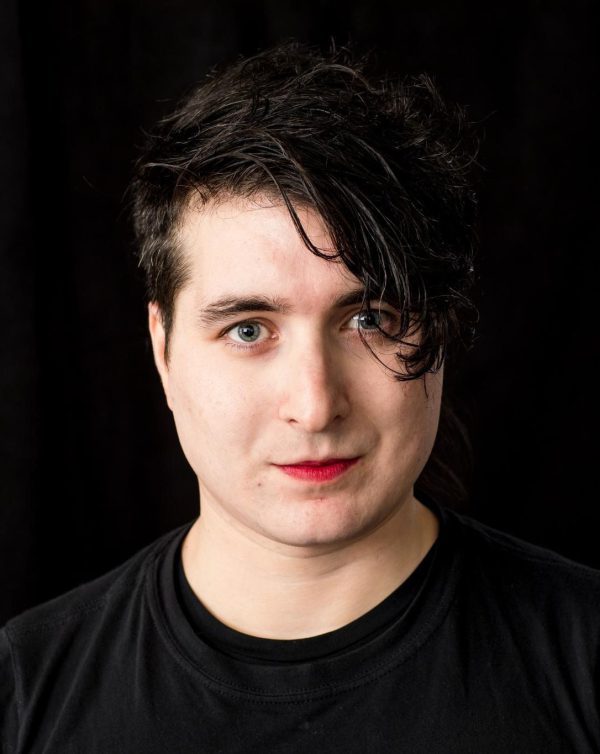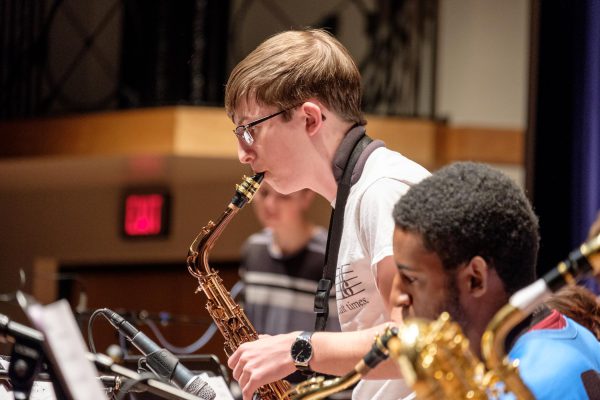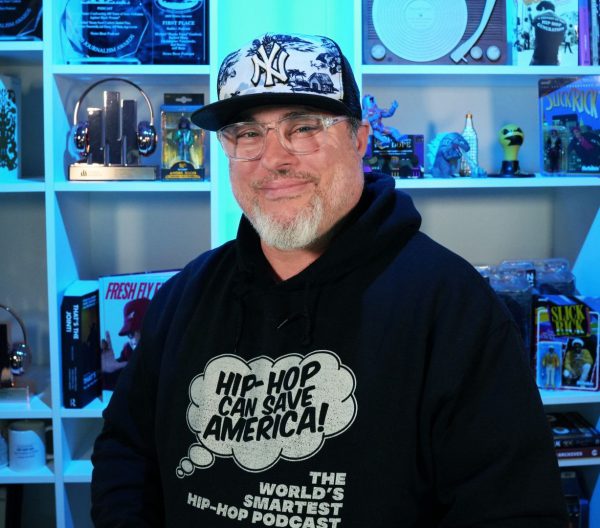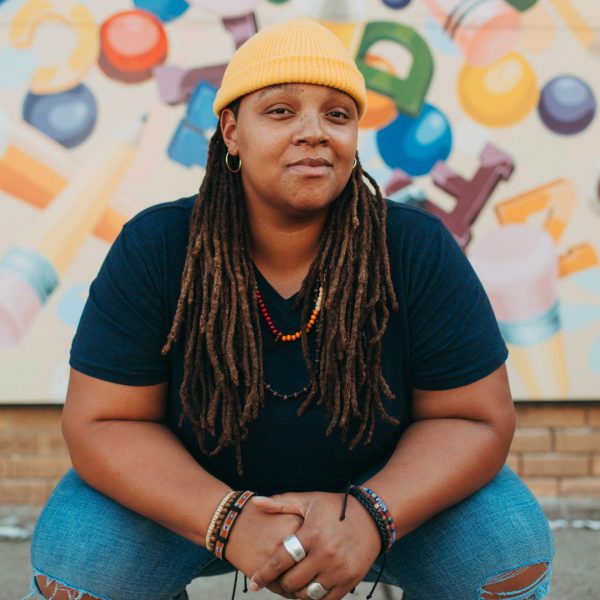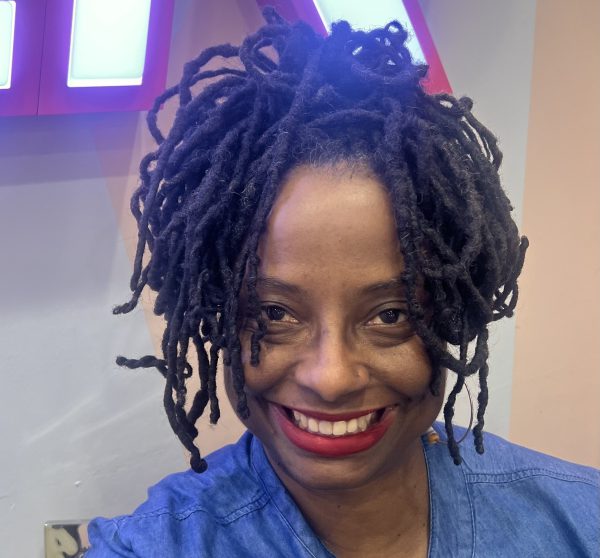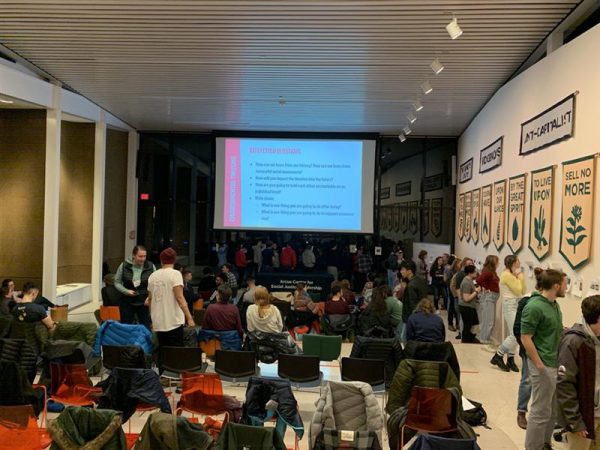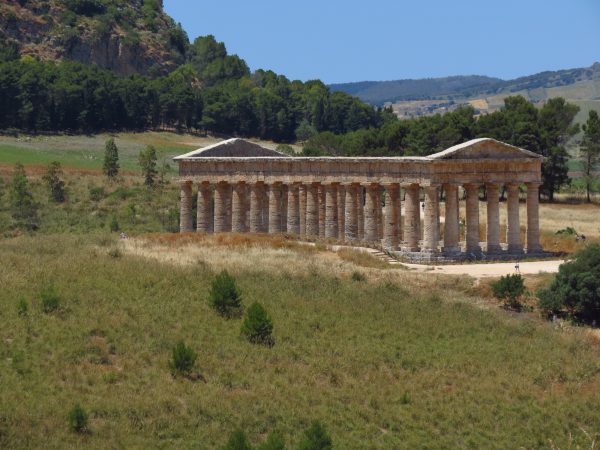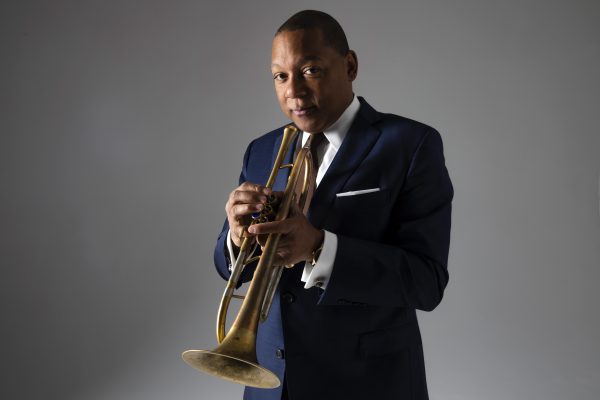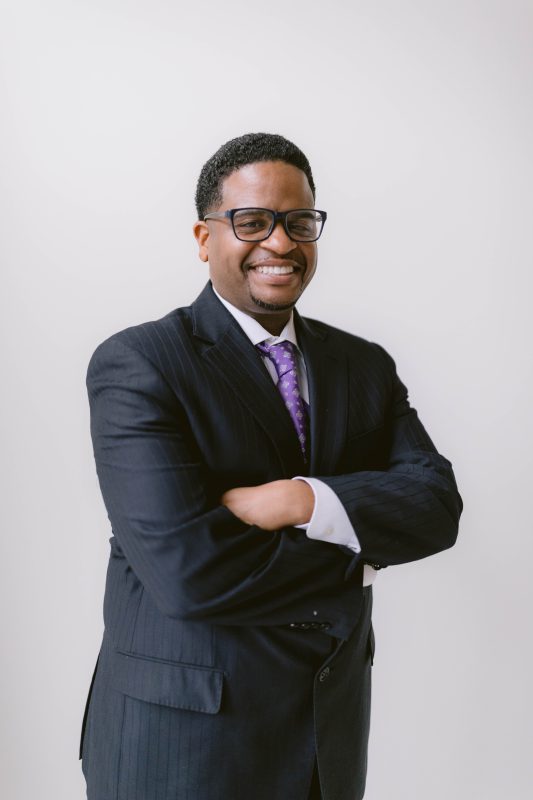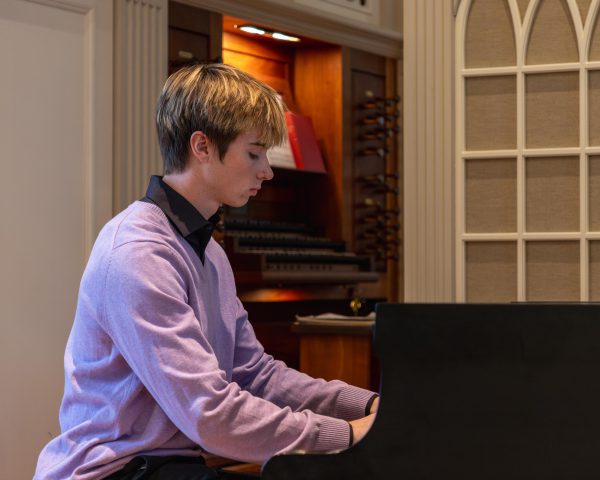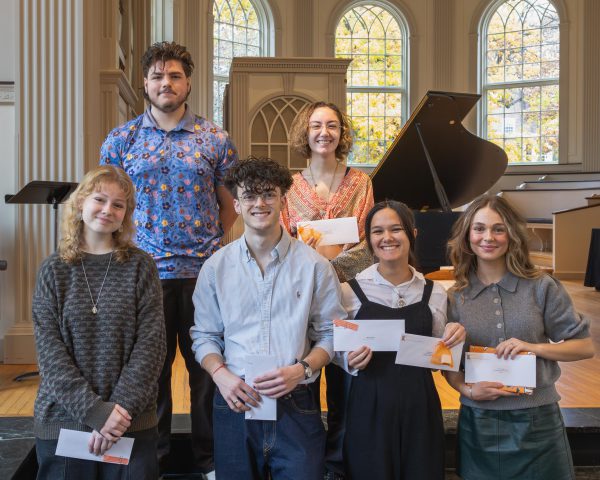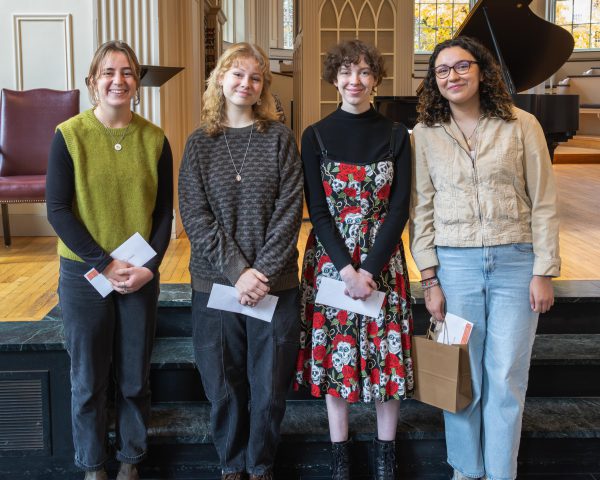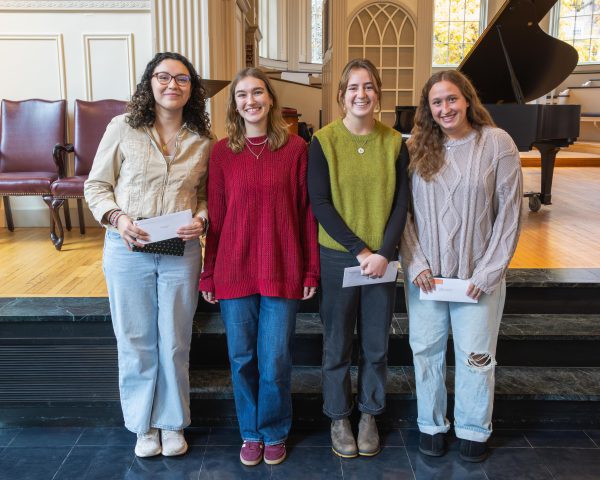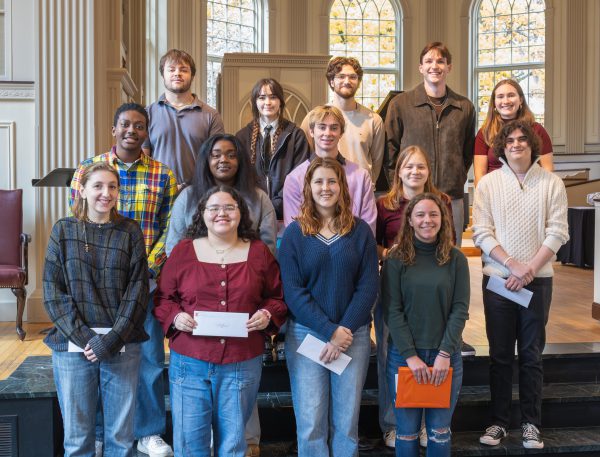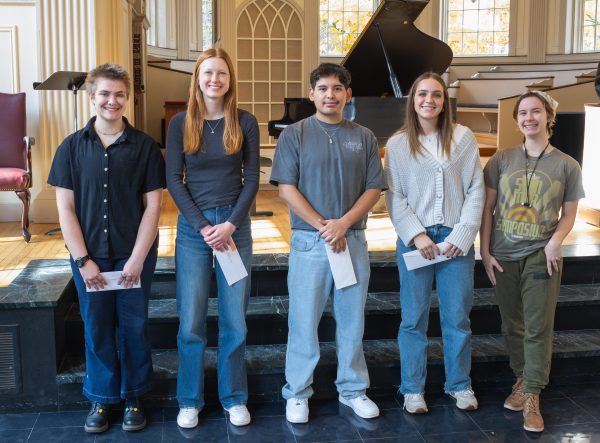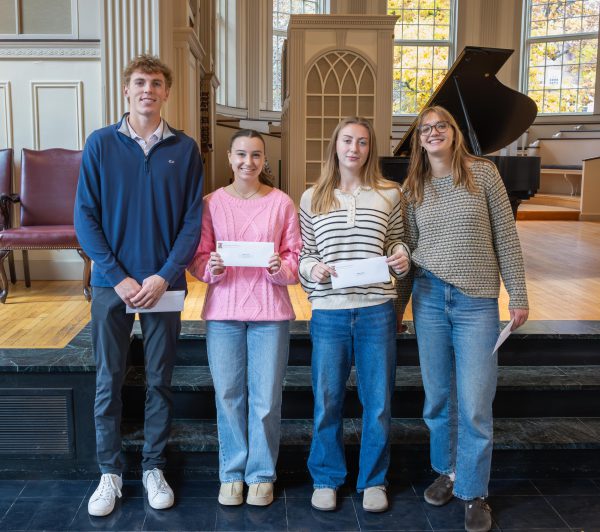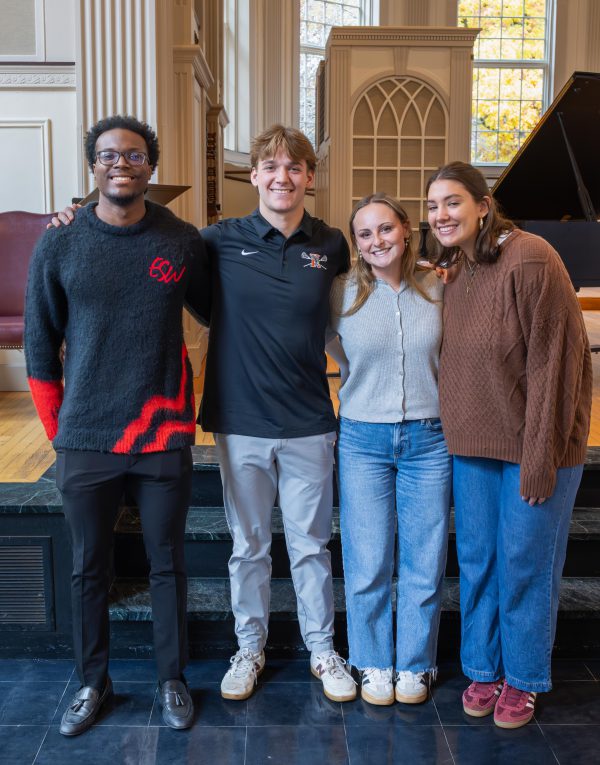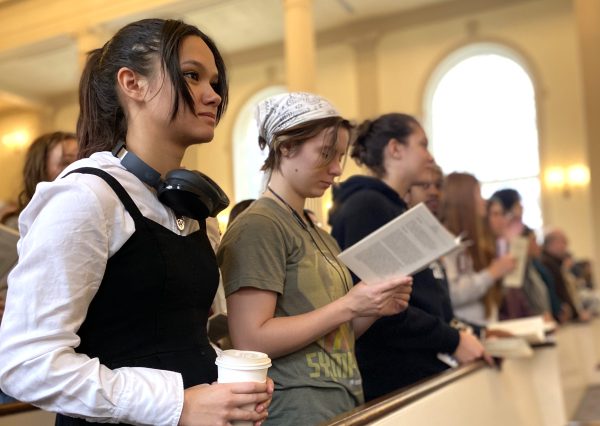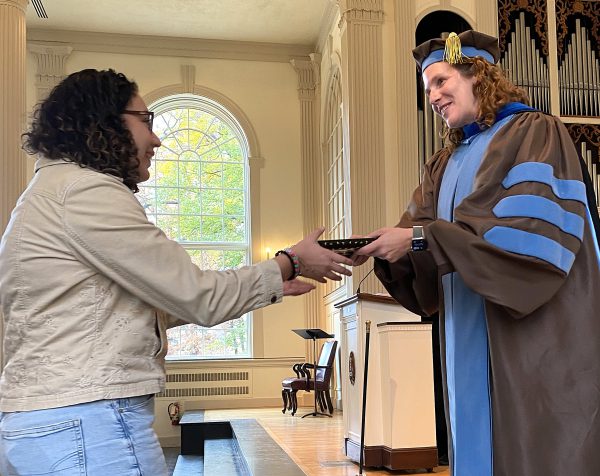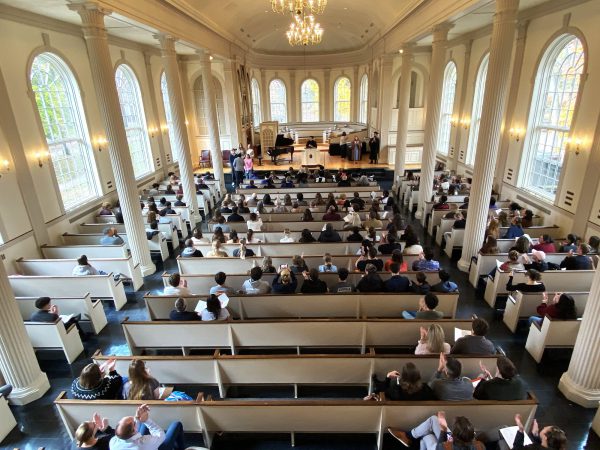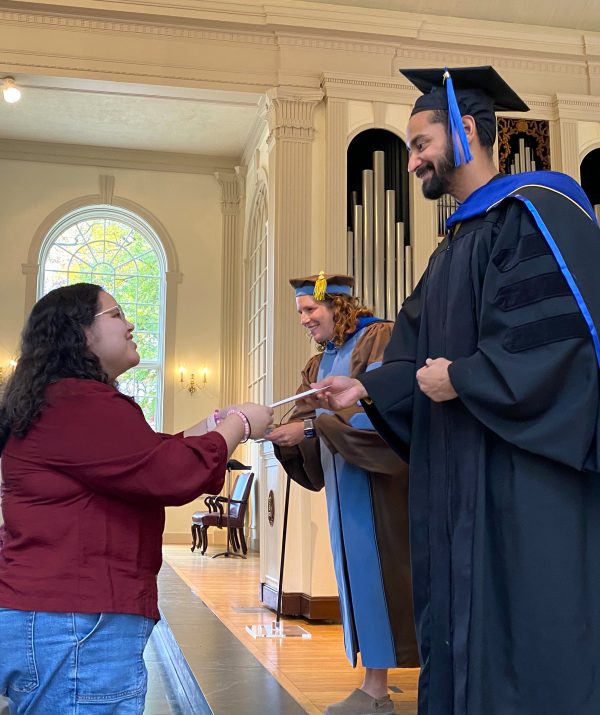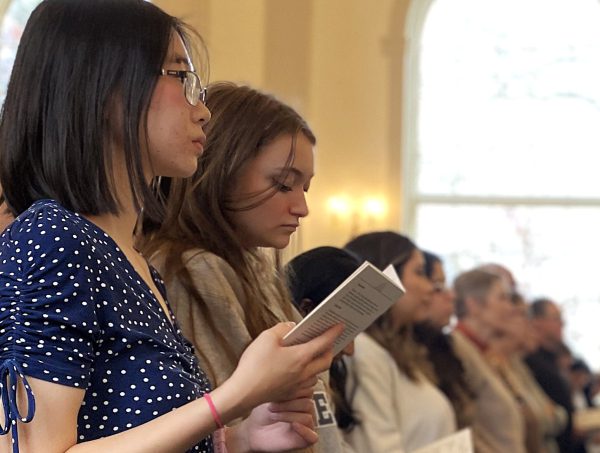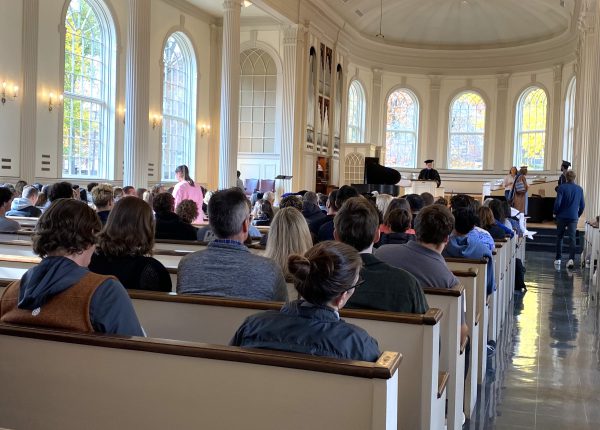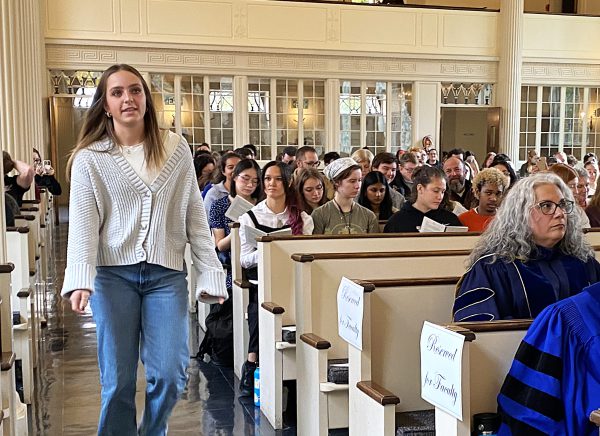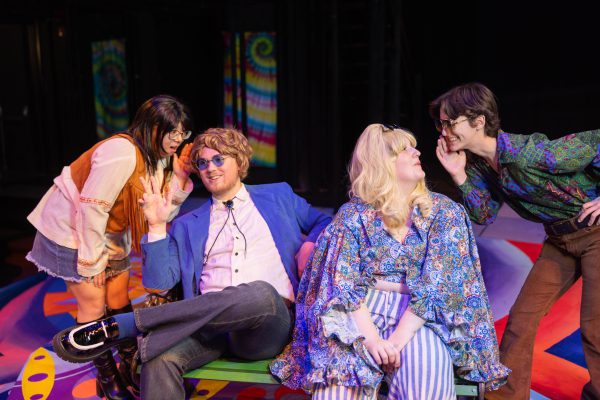In a waiting room at a liposuction clinic, four women sit with their thoughts, their bodies, and their personal histories. What unfolds is The Most Massive Woman Wins, the next production by the Festival Playhouse at Kalamazoo College.
It’s a play that confronts body image, misogyny and the personal costs of trying to fit into a society obsessed with women’s appearances. Written by Madeleine George and directed by Milan Levy ’23, the show will run at 7:30 p.m. Thursday, February 26 to Saturday, February 28, with a 2 p.m. matinee on Sunday, March 1. Tickets are available at festivalplayhouse.ludus.com.
Since graduating from K, Levy has built a directing résumé that includes codirecting Smart People with Face Off Theatre Company, Kalamazoo’s Black-owned theatre company, in fall 2024. When Professor of Theatre Arts Lanny Potts reached out about the opportunity to direct at Levy’s alma mater, they immediately said yes. For Levy—who also serves the College as a program coordinator in the Office of Student Activities—this show is deeply personal.
“Being someone who grew up a plus size woman, I saw so much of myself and the insecurities I’ve held, spoken through the words of these women,” Levy said. “I wanted to explore this play for myself, and everyone who would connect to this story.”
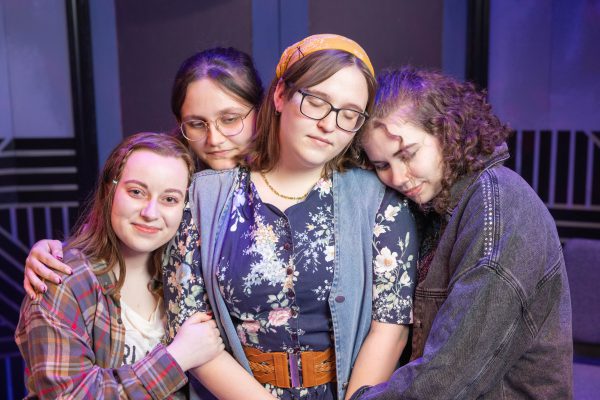
The play unfolds as a series of monologues and scenes that move between the clinic’s waiting room and the women’s memories of schoolyards, workplaces and relationships. Each character has arrived at the same door, having traveled a completely different path to reach it.
Liliana Stout ’26 plays Sabine, a Ph.D. student and committed feminist who wrestles with an internal conflict between her politics and her desire for intimacy, driving much of the play’s emotional tension. Stout describes the character as deeply angry and in constant dialogue with herself.
“She can’t overcome the loneliness, and she has to find a way to balance being the deeply moral, feminist person that she is while wanting the love that she hasn’t found,” Stout said.
Two casts will perform in the production, with Stout being the only actor to take the stage each night. Stout noted that the ensemble spans the full range of K class years, from a first-year student to seniors, and at least one cast member is performing on stage for the first time. The other actors include:
- Gracie Burnham ’27 and Emily Reese ’27 who portray Rennie, a teenager consumed by an eating disorder, trying to gain the love and acceptance of her mother.
- Sofia Gross ’29 and Shay Kruse ’28 who play Carly, a loving mother who believes her hard work will ensure her daughter doesn’t end up the way her and her mother did. What happens when this belief is challenged?
- Helen Stoy ’26 and Zoee Perez ’26 who act as Cel, a woman who struggles with self-harm and needs the help of others to keep her grounded.
The play is set in the 1990s, but both Levy and Stout say its concerns feel urgently modern, as medications promising rapid weight loss dominate public conversation and the media continues to project narrow definitions of beauty.
“We’re returning to the 90s in a way,” Levy said. “People are now using Ozempic and GLP-1s to lose weight. It’s all about looking skinny but that doesn’t equate to healthy. Expecting us all to have the same body or work towards it, is putting an impossible standard.”
For Stout, the play is an invitation to empathy rather than judgment. She hopes audiences leave with a more generous understanding of why people arrive at decisions around changing their bodies.
“It’s easy to stop and judge someone for doing something like plastic surgery or liposuction and say they’re lazy, or taking the easy way out, or that they just don’t love themselves,” she said. “I hope watching the show encourages people to take a moment to pause and instead find a way to understand what they’re going through and show them love instead.”
Levy wants audiences, especially those who have felt the pressures these characters embody, to feel seen.
“I want this show to give voice to the things people never felt they could share or say out loud,” they said.

